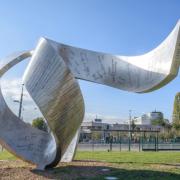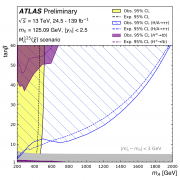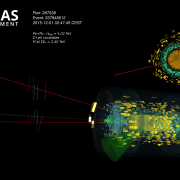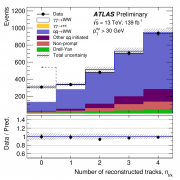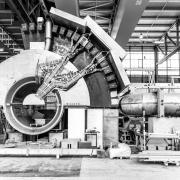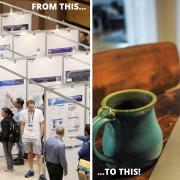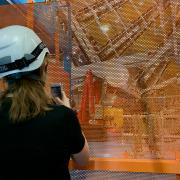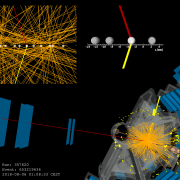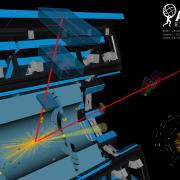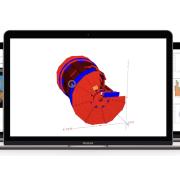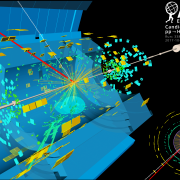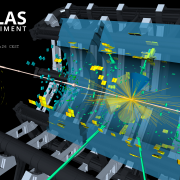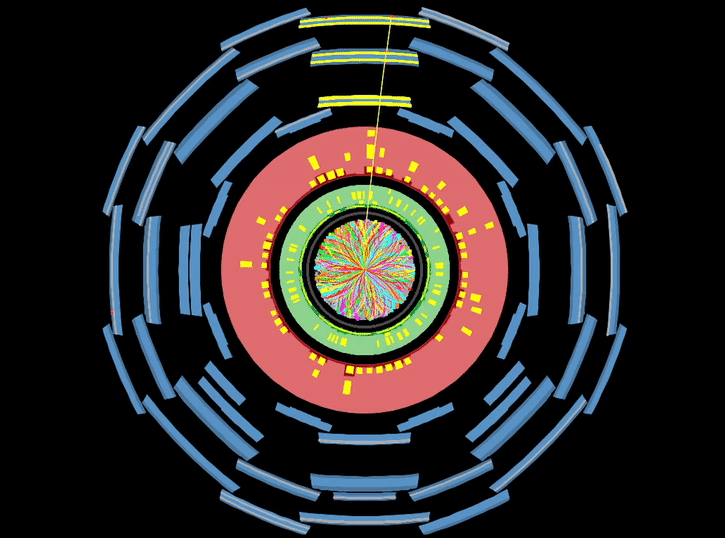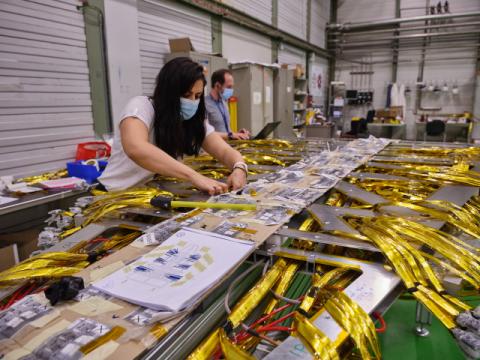Access to Collaboration Site and Physics Results
Updates tagged: “cavern”
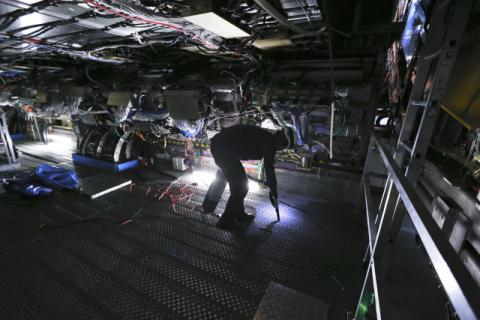
"Dirt Detectives"
For five days last week, 110 ATLAS collaborators worked in 10 different shifts to help clean and inspect the detector and the cavern that houses it before the toroid magnets are turned on.
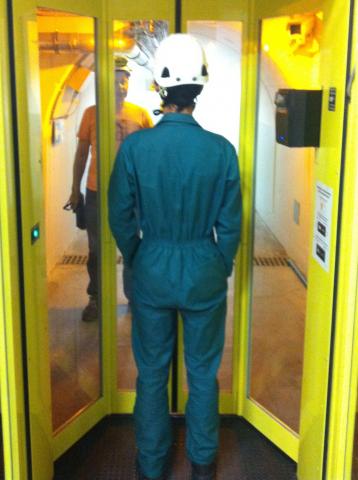
Identity problems
An obligatory eye scan is required for all ATLAS underground personnel entering the experimental cavern. The iris recognition is performed by the IrisID iCAM7000. Its only point in life is to keep track of who enters and leaves the Zone. It sounds like a simple task for such an advanced technology, but -- like most things in the world of research -- it's never without some hiccups.
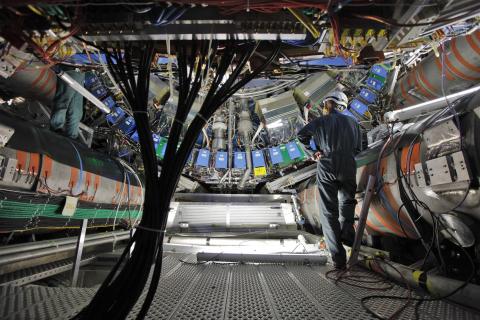
Notes from Underground: Servicing Silicon
We physicists refer to the vast underground cavern that houses the ATLAS experiment as ‘the pit’. That may be a strange term to use for a marvel of civil, mechanical and electrical engineering, but nonetheless there are parallels to what you might imagine a ‘pit’ to be. Working inside the ATLAS detector in the pit can be dark, sometimes hot and not suited to those with claustrophobia. It often involves climbing several sets of makeshift steps and gantries and crawling flat on your stomach through narrow gaps to get to the part of the detector where you need to be. You will be wearing a safety helmet with mounted lamp, steel toe-cap shoes, one or more dosimeters to monitor radiation exposure and even a harness, if working at heights. Not to mention tools, laptop and any equipment you need to do your job. You tend to recognize the experimental physicists, engineers and technicians who have just come up from the pit – they stand blinking in the sunlight with a tired and rather sweaty appearance.
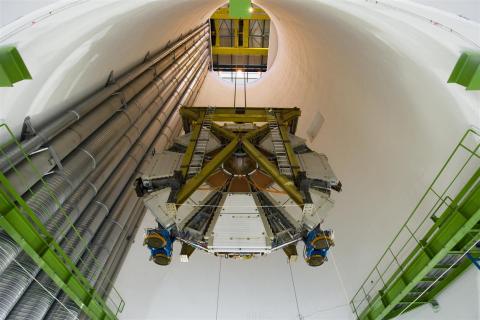
ATLAS completes world's largest jigsaw puzzle
Celebrations are underway in the ATLAS Experiment, as the final element of the detector was lowered into the cavern on Friday February 29th, 2008. The second “small wheel” is also the final part of the muon subsystem, but the wheels themselves are small in name only. At 9.3 metres in diameter, and weighing in at 100 tons each, moving them from their construction warehouse, at the north-west tip of the CERN site in Geneva, to the underground ATLAS cavern was a challenge which was anything but small.
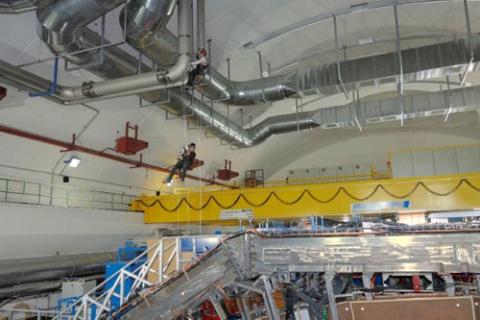
Intrepid Rappellers Descend Into ATLAS Cavern
It could be a scene from a James Bond movie. But this action shot of two intrepid rappellers (abseilers) was in fact taken in the ATLAS experimental cavern one night in December. François Butin, the ATLAS experimental area manager, tells the story behind the photograph.
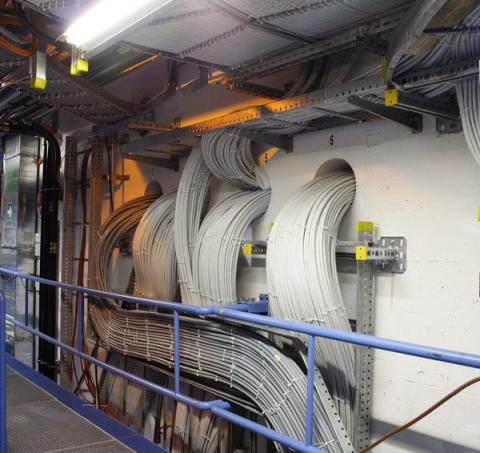
Cables: The “blood vessels” of ATLAS
The cables within the ATLAS detector may be thought of as the blood vessels and nervous system of the experiment; they carry power to the detector, they deliver messages to control its functions and they relay the data taken, ready for analysis. Just as blood vessels and nerves criss–cross and connect the organs and tissues of the human body, cables penetrate the whole of the ATLAS volume, reaching each and every one of its elements.


